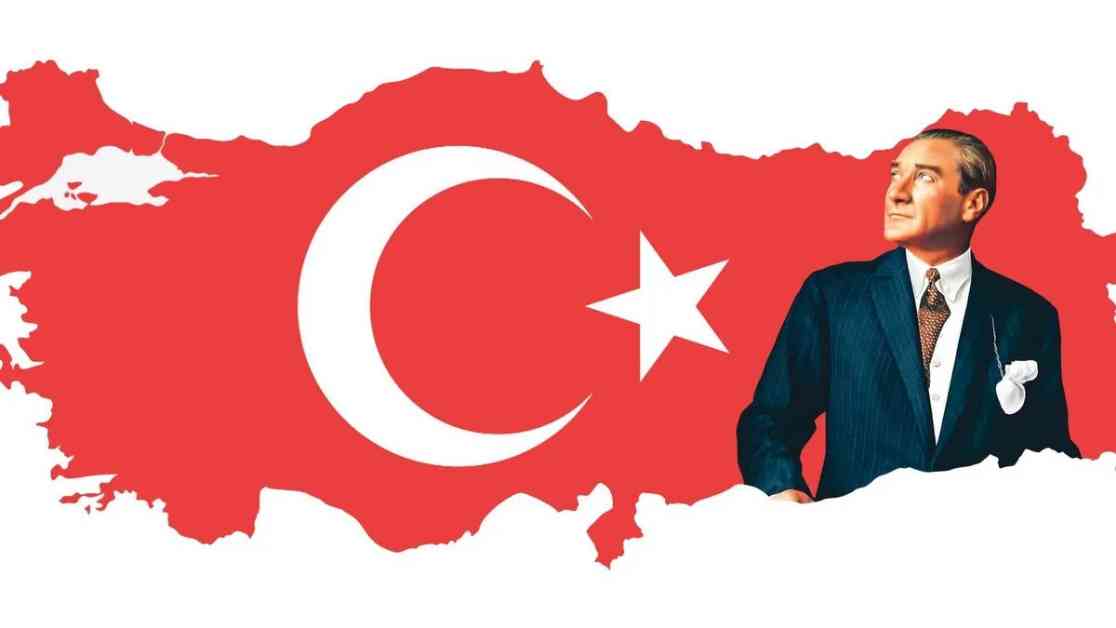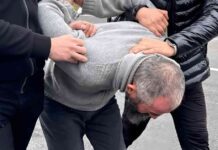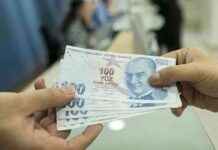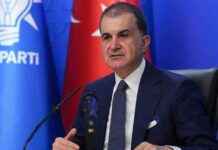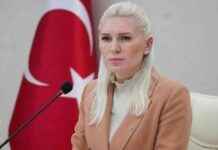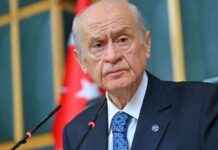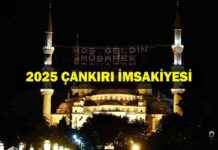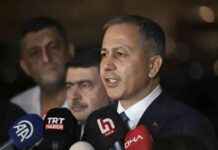The Republic of Turkey has undergone a remarkable journey of progress and challenges over the past 101 years. From its establishment in 1923 to the present day, the country has experienced significant events that have shaped its political, social, and economic landscape. These unforgettable moments have left a deep mark on the national memory, reflecting the resilience and determination of the Turkish people.
**Founding Years of the Republic (1923-1925)**
In 1923, Mustafa Kemal Atatürk founded the Republic of Turkey and was elected as its first president. The capital was moved from Istanbul to Ankara. The following year, the Ottoman caliphate was abolished, the Turkey İş Bankası was established, and the Progressive Republican Party, the country’s second political party, was opened. In 1925, the Sheikh Said Rebellion erupted, leading to the closure of the Progressive Republican Party. The Hat Law was enacted, transitioning from the Islamic Hijri calendar to the Gregorian calendar.
**Legal and Social Reforms (1926-1930)**
During this period, significant changes were made to expand women’s rights and introduce modern legal practices. In 1926, the Swiss Civil Code and the Italian Penal Code were adopted, improving women’s rights. The following year, the phrase “Islam is the official religion of the Republic of Turkey” was removed from the constitution, and the Latin alphabet replaced the Ottoman script. In 1929, Turkey made its first international radio broadcast, and the Central Bank of the Republic of Turkey was established in 1930.
**Steps Towards Modernization (1931-1935)**
The early 1930s saw Turkey embracing modernization through various reforms. In 1931, the Metric Law was enacted, transitioning to the metric system. The first female doctor in Republican history, Dr. Müfide Kazım, began her practice in 1932. In 1933, Atatürk delivered his tenth-year speech, highlighting the progress of the Republic. The Surname Law was passed in 1934, and Ayasofya was converted into a museum. Women were granted the right to vote and run for office in general elections. The Turkish Bird Flight School opened in 1935.
**International Agreements and Domestic Developments (1936-1939)**
During this period, Turkey engaged in important international agreements while facing internal challenges. In 1936, Turkey signed the Montreux Convention regarding the Turkish Straits. The following year, Hatay’s independence was recognized. In 1938, Atatürk passed away, and İsmet İnönü became the second President of Turkey. In 1939, Hatay joined the Republic of Turkey.
**Wars and Economic Obligations (1940-1945)**
The 1940s were marked by the establishment of Village Institutes, economic challenges, and the impact of World War II. The Village Institutes aimed to improve education in rural areas. In 1941, Prime Minister Refik Saydam passed away, and the Varlık Tax was implemented due to the effects of the war economy. Turkey faced economic difficulties but managed to navigate through them, establishing the Turkish Aeronautical Association Aircraft Factory in 1943. By 1945, Turkey formally entered World War II, becoming a member of the United Nations.
**Transition to Multi-Party System and Cold War Years (1946-1959)**
Following World War II, Turkey transitioned to a multi-party system and faced challenges during the Cold War era. The first multi-party general election was held in 1946. In 1947, Turkey began benefiting from the Marshall Plan aid provided by the United States. Throughout the 1950s, Turkey saw significant developments, including joining NATO in 1952 and facing internal turmoil during the 6-7 September Events in 1955. The country experienced political shifts and social unrest during this period.
**Period of Coups and Political Turmoil (1960-1980)**
The 1960s to 1980s were marked by military coups and political instability in Turkey. The Turkish Armed Forces carried out the first military coup in 1960, resulting in the execution of Prime Minister Adnan Menderes. Subsequent years saw further unrest, including the Cyprus issue, internal conflicts, and the rise of political parties. The 1980 military coup brought about significant changes in the country’s political landscape, with an emphasis on stability and order.
**Economic and Cultural Advancements (1981-2000)**
From the 1980s to the turn of the millennium, Turkey focused on economic reforms, educational advancements, and cultural achievements. The establishment of the Higher Education Council (YÖK) in 1981 and the initiation of EU accession talks in 2005 were significant milestones. Turkey experienced ups and downs, including the PKK insurgency, the aftermath of the Chernobyl disaster, and political assassinations. Despite these challenges, Turkey made progress in various sectors, such as education, energy, and technology.
**21st Century Political and Economic Transformation (2001-2024)**
In the early 2000s, Turkey faced economic crises, political upheavals, and regional conflicts. The country embarked on EU accession talks, underwent constitutional changes, and dealt with terrorist attacks. The 2016 coup attempt and subsequent governance changes underscored the challenges of upholding democracy and stability. Turkey’s efforts to address social, economic, and security issues reflected its commitment to progress and resilience in the face of adversity.
**Looking Towards the Future**
As Turkey celebrates its 101st anniversary, it reflects on a rich history of struggles and achievements. The Republic’s journey has been marked by resilience, determination, and a commitment to democratic values. From the founding principles of the Republic to the challenges of the modern era, Turkey has demonstrated its ability to adapt, evolve, and overcome obstacles. As the country moves forward, it carries with it a legacy of strength, unity, and hope for a brighter future. The Turkish people’s unwavering spirit and dedication to progress serve as a beacon of inspiration for the nation’s continued success in the years to come.
Through a century of ups and downs, Turkey has emerged as a global player, shaping its destiny and contributing to the world stage. As the country navigates through the complexities of the modern era, it draws strength from its past while embracing the opportunities of the future. The 101st anniversary of the Republic serves as a reminder of the nation’s enduring spirit and its commitment to building a better tomorrow. With experience and faith as guiding principles, Turkey continues its journey with hope and optimism for what lies ahead.

